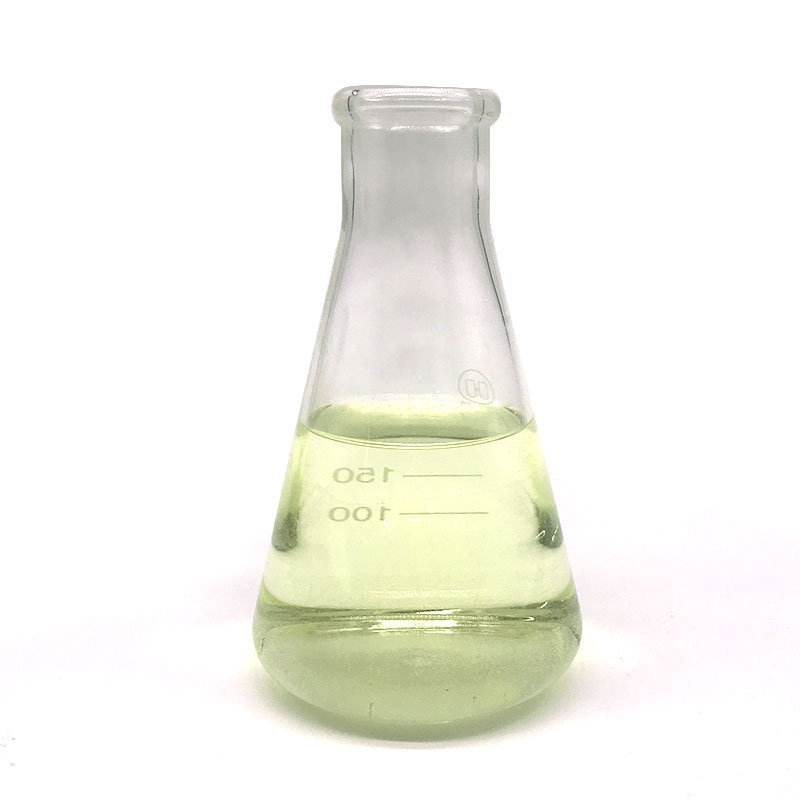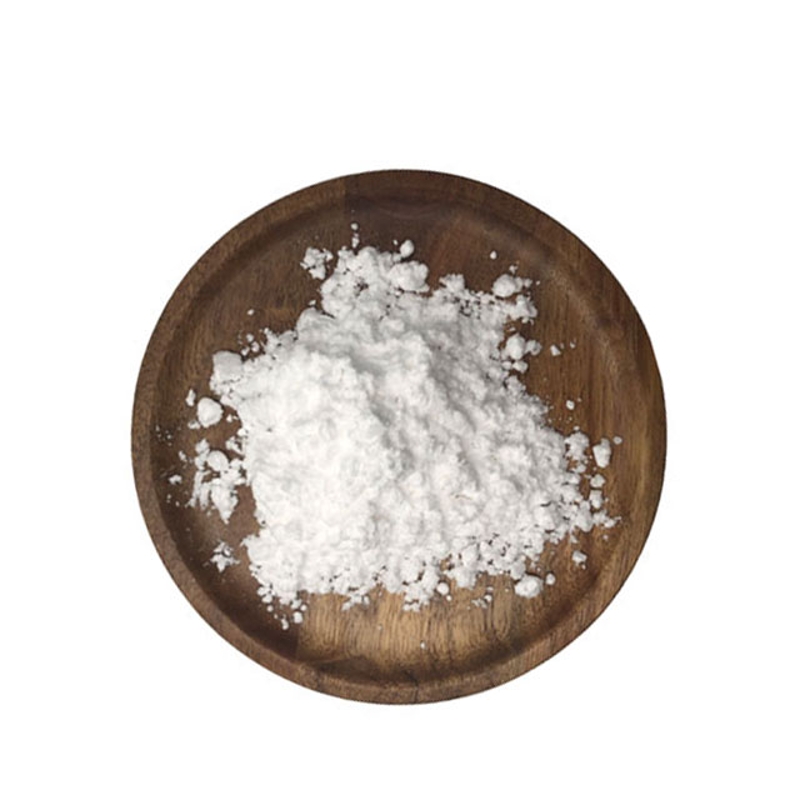-
Categories
-
Pharmaceutical Intermediates
-
Active Pharmaceutical Ingredients
-
Food Additives
- Industrial Coatings
- Agrochemicals
- Dyes and Pigments
- Surfactant
- Flavors and Fragrances
- Chemical Reagents
- Catalyst and Auxiliary
- Natural Products
- Inorganic Chemistry
-
Organic Chemistry
-
Biochemical Engineering
- Analytical Chemistry
- Cosmetic Ingredient
-
Pharmaceutical Intermediates
Promotion
ECHEMI Mall
Wholesale
Weekly Price
Exhibition
News
-
Trade Service
1, the FDA update October 15, the U.S. FDA issued a circular announcing that the label of nonsteroidal anti-inflammatory drugs to be changed.
additions include the fact that if a woman takes the drug at ≥20 weeks of pregnancy, it may cause rare but serious kidney problems in the unborn child, which may lead to low amniotic levels and may lead to pregnancy-related complications.
notified that common nonsteroidal anti-inflammatory drugs include ibuprofen, pyrethroids, bichlorofenic acid, celexib, etc., which have been used for decades to treat pain and fever caused by many diseases.
aspirin is also a nonsteroidal anti-inflammatory drug, but the above recommendations do not apply to the use of small doses of aspirin (81 mg).
use of small doses of aspirin is an important treatment for women during pregnancy and should be taken under the guidance of a professional.
Nonsteroidal anti-inflammatory drugs have prescription and over-the-counter medications, and for prescription drugs for nonsteroidal anti-inflammatory drugs, the FDA requires that prescription information be modified to describe the risk of kidney problems in unborn fetuses, leading to amniotic deficiency, and recommends limiting the use of these drugs between 20 and 30 weeks of pregnancy.
OTC for nonsteroidal anti-inflammatory drugs, pharmaceutical companies are also required to update drug labels.
, however, there are restrictions on the use of nonsteroidal anti-inflammatory drugs in special populations in China.
Taking ibuprofen tablets as an example, the instructions clearly state that they are prohibited for other nonsteroidal anti-inflammatory drug allergies, for pregnant and lactating women, and for asthmatics who are allergic to aspirin.
2, which has been monitored for years, is in fact the most widely used nonsteroidal anti-inflammatory drug in the world, but the use of risks has been increasingly detected in recent years and its safety has been monitored for years.
As early as 2005, the FDA issued a warning to drugs such as celexib, requiring manufacturers to warn doctors and patients of the potential risks and serious side effects and safety issues of the drug, which must appear in black boxes outside or in obvious places in the drug's box.
addition, the FDA has asked Pfizer Bextra to withdraw from the market because of adverse cardiovascular reactions.
in 2004, Mercadon Vioxx also stopped selling due to cardiovascular problems.
In July 2015, the FDA's prescription and over-the-counter drug warnings for nonsteroidal anti-inflammatory drugs were escalated again, requiring manufacturers of prescription and over-the-counter drugs to provide more detailed information on NSAIDs' increased risk of heart disease and stroke on their drug labels.
April 2019, France's National Agency for Drug and Health Product Safety (ANSM) also warned against the use of ketoprofen and ibuprofen anti-inflammatory drugs.
According to the results of the investigation, patients often take ketoprofen and ibuprofen anti-inflammatory drugs in cases of fever, headache or sore throat, but careless medication can lead to complications of infection, severe or amputation or even death.
, however, is a common anti-heat analgesm in our lives, so you don't have to be too nervous, especially when it comes to children's medication.
, a pharmacist in charge of pharmacy at Peking University People's Hospital, has previously told the media that ibuprofen has certain side effects, but it is still one of the world's most commonly used painkillers.
the anti-fever medicine recommended by WHO for children worldwide is oral acetaminophen and ibuprofen.
, acetaminophen is the preferred anti-fever drug and is suitable for children and adults over 3 months of age.
is an alternative anti-fever drug for children and adults over 6 months of age.
3, this anti-fever medicine, prohibited when it comes to anti-fever medicine, we should also think of Ana near.
On March 17 this year, the State Drug Administration announced that it would cancel the registration certificates of several drugs, such as anabolic drips and a small hydrant, and that the drugs would cease to be produced, sold and used.
the market in 1922, because of good absorption, quick start, cheap and good use, An Nai was recently known as the "king of fever."
However, powerful drugs are accompanied by near-fatal side effects such as reduced white blood cells in the end of the blood, reduced immunity, and a variety of infections, and even severe allergic reactions.
it is understood that more than 50 years ago, Europe and the United States began to ban Ana near and withdraw the drug from the market, but in our country has been in use, until March 17 this year, the official ban on Ana recently issued.
Saibai Blue query Mi Net data found that in China's hospital market, in 2013 the market size of Anai near only 10.93 million yuan, but its market size has been expanding, in 2017 reached 46.77 million yuan.
market size did not begin to decline until 2018, with a market size of 21.84 million yuan in 2019.
(data source: Minanet) there are professionals believe that Nearly many years ago in the big hospital has been used, still in use of the basic is township hospitals, village health rooms, the main reason for the use of medical personnel's professional knowledge has not been updated, still think that An nai near the effect is good, followed by patients also formed a drug habit.
whether it's the banned anaer feature or the recommended prudent use of ibuprofen, it's an important process for the industry to develop.
everyone before taking drugs, we must consult professionals, so that reasonable medication, safe medication, for their own life and health is responsible.







